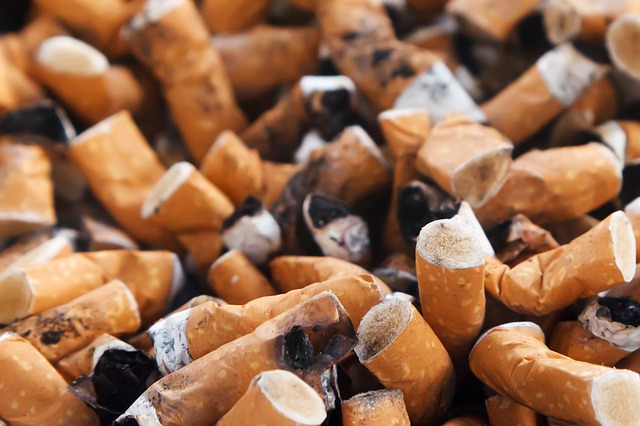What’s best, Cold Turkey, or a planned withdrawal from your smoking habit. Opinions range either way, with data online pointing to success rates for both. Much of the decision is based on the truth that smoking is horribly bad for you. The funny thing is we all know this, there is a ton of data on the risks, and the product itself even tells us how horrible it is for you, and yet millions light that first smoke, then the next, and the next.
Cigarette companies are not even allowed to advertise on the television and the market somehow stays steady. Why, because they are horribly addictive, no secret there, tobacco is horribly addictive. One of the most addictive substances man has had the pleasure of tangling. So when it comes time to face facts, that we are addicted, and we need to break the addiction, is it better to go cold turkey or to languish through a longer separation from nicotine. If you want to beat it now, how can you go cold turkey and make it work?
Why cold turkey
Nicotine is the addictive drug in tobacco. The stimulant effect of Nicotine and the additional contributing effects of the psychoactive, reinforced behaviors, compulsion, relapse after abstinence, and dependence and tolerance that go along with smoking as the delivery component, all combine to make smoking an incredibly difficult habit to break. Stopping the process of addiction cold turkey pushes the addicted through their withdrawals quicker and with fewer side effects than graduated withdrawal. Cold turkey quitters will drop their blood borne nicotine levels to zero in three days and will be totally through the physical withdrawal process in two to three weeks. The battle will continue, but only on the psychological and conditioning front.
Why not taper
Tapering off of nicotine makes the process of withdrawal continue to some level on a daily basis. If you have smoked for some time, your body needs the chemical to function, or you start to go through withdrawals. The level required is the same whether you are tapering or not. Anything less than the minimum needed or delivered daily puts you into a withdrawal situation. The intensity of your symptoms is in direct relation to demand. The longer and slower the process, the more you feel like crap, just at a slowly decreasing basis. You will be in a state of chronic withdrawal versus a defined and definite ending. All the while you will also be fighting the psychological and habitual components of smoking.
Just do it
Nike is right, Just do it, set a specific date, smoke your last one, and stop. Sounds easy and it is most definitely not. Getting better insurance rates is not going to be the motivating factor that gets you through this. What will propel you through this are a couple of things. A plan for redirecting your obsession, a plan for dealing with the physical suffering, and plan for dealing with situations that draw you back.
One thread that runs through each of these is turning to some sort of physical fitness routine. The release of dopamine that comes from a hard workout can offset some of the effects of nicotine, working out can become its own obsession, and time in the gym is better than time in a bar. Also having a friend who can cut through your crap and tell you to stop whining when you start, and who would smack the thing out of your lips when you break, too.

